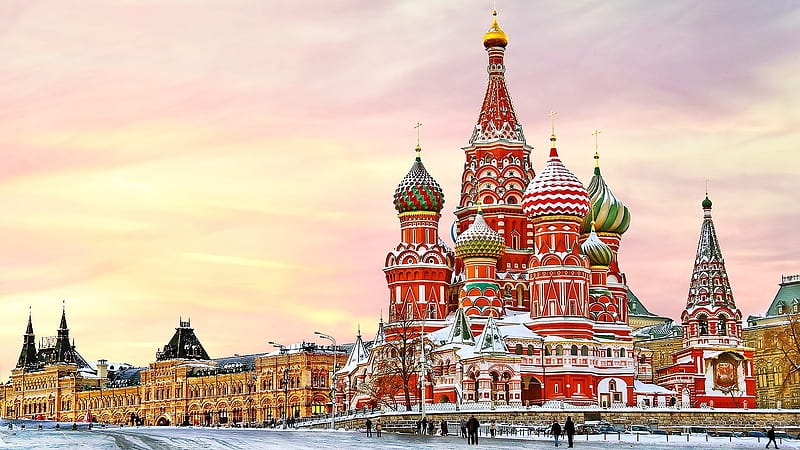
Follow WOWNEWS 24x7 on:
Updated: May 03, 2025 18:08

Russia’s foreign policy has long been shaped by its historical struggles, evolving from the Mongol invasion of the 13th century to its modern geopolitical stance against NATO. Unlike Western nations that rely on fixed strategies, Russia’s approach has always been fluid, adapting to threats with pragmatism and unpredictability.
The Mongol invasion of 1237 devastated Russia’s strongest state centers, forcing the fragmented regions to unify under Moscow’s leadership. This period forged a military-driven state, blending diplomacy with conflict in a way that remains central to Russian strategy today. The country’s survival instincts were further reinforced by centuries of territorial expansion, wars, and ideological shifts.
Unlike Western doctrines that emphasize alliances, Russia has historically operated under the belief that no external power will solve its problems. This self-reliance has shaped its military and diplomatic decisions, from resisting European influence in the 18th century to countering NATO’s expansion in the 21st century.
Modern Russian strategy continues to reflect these historical lessons, prioritizing sovereignty, unpredictability, and strategic deterrence. The country’s military doctrine integrates conventional warfare with hybrid tactics, ensuring that adversaries remain uncertain about its next move.
Sources: Big News Network, Total Military Insight.



